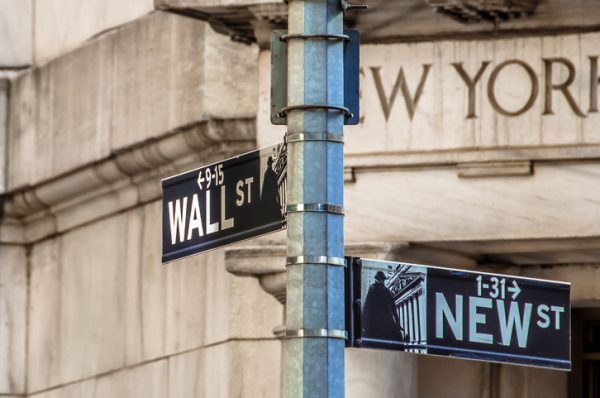
LB Pharmaceuticals aims to show that what is old can become new again with a lead drug candidate that’s a modified version of a decades-old schizophrenia medication from Sanofi. The strategy is resonating with investors, whose interest in LB enabled the company to upsize its IPO and raise $285 million for clinical trials.
New York-based LB’s preliminary IPO terms set earlier this week aimed to offer more than 16.6 million shares in the range of $14 to $16 apiece, which would have raised about $250 million at the pricing midpoint. Late Wednesday, LB boosted the deal size to 19 million shares priced at $15 apiece. Those shares will trade on the Nasdaq under the stock symbol “LBRX.”
LB’s drug candidate, LB-102, is derived from amisulpride, a drug that emerged from Sanofi’s labs in the 1980s. While this Sanofi drug went on to secure regulatory approvals in more than 50 countries as a treatment for schizophrenia, the pharmaceutical giant did not pursue FDA approval due to the drug’s short remaining patent life, LB said in its IPO filing.
Amisulpride, which Sanofi markets under the brand name Solian, is an oral small molecule designed to block the dopamine receptor, specifically the D2 and D3 receptors. Side effects of currently available dopamine receptor antagonists include sleepiness, weight gain, movement disorders, and heart rhythm changes. LB said its modification to the molecule improves its ability to cross the blood-brain barrier with minimal impact on the drug’s ability to bind to its targets.
“We believe that making this chemical change allows LB-102 to be dosed at lower amounts than amisulpride,” the company said in the filing. “By dosing at a lower level, we are aiming to decrease side effects common to amisulpride. This change to the chemical structure also allows us to differentiate the dosing frequency of LB-102 from that of amisulpride. We are developing LB-102 for once-daily dosing, in contrast to the typical twice-daily dosing of amisulpride.”
In Phase 2 testing, LB reported that all three doses of its drug taken once daily achieved statistically significant results compared to a placebo, measured on a scale used to assess schizophrenia symptoms. Adverse events included insomnia, headache, anxiety, and agitation. LB said weight gain was modest and was not associated with a clinically meaningful signal in metabolic parameters.
LB now plans to proceed to a placebo-controlled Phase 3 clinical trial of LB-102, evaluating a low dose and a high dose of the study drug. The targeted enrollment is 400 patients. As with the Phase 2 study, the main goal of the six-week Phase 3 test is measuring the change in score from baseline according to a scale used to assess schizophrenia symptoms. LB plans to begin this study in the first quarter of 2026; preliminary data are expected in the second half of 2027.
The FDA requires two pivotal trials to support approval of a schizophrenia drug. LB said in the filing that based on FDA feedback and historical precedent, LB-102’s Phase 2 study, which enrolled 359 patients, may qualify as one of the two pivotal studies. If so, a positive Phase 3 test could allow the company to meet with the FDA in early 2028 to discuss a regulatory submission. But first, the FDA would need to agree that the Phase 2 study qualifies as a pivotal study. LB believes LB-102 could have applications in other indications. A Phase 2 test in bipolar depression is planned to begin in the first quarter of 2026; preliminary data are expected in early 2028.
LB initially filed its IPO plans last month. The new capital is sorely needed. This past spring, a cash crunch sparked a corporate restructuring and layoffs. As of the end of June, LB reported its cash position was just $14.2 million. With the IPO proceeds, LB plans to spend about $133 million for LB-102’s Phase 3 test, according to the filing. Another $25 million is budgeted to bring the drug through Phase 2 testing in bipolar depression. LB is also developing a long-acting injectable formulation of LB-102, but the filing specifies no dollar amounts for these efforts.
Photo: Getty Images










